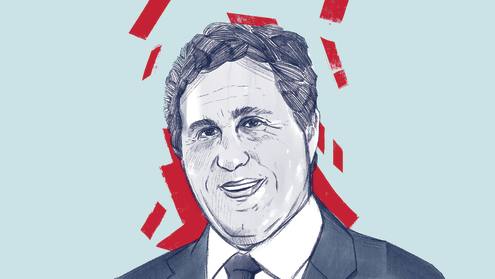The sharp increase in the world price of staple foods is already yesterday’s news. Consumers in the rich world have more pressing concerns such as falling house prices and the rising cost of energy. But for consumers in the poorest countries, especially in Africa, the true anguish of high food prices is only just beginning. By no means are all poor people adversely affected. The many Africans who are farmers are largely self-sufficient: rural food markets are not well-integrated into global markets and where they are, farmers may gain.
The unambiguous losers are the urban population: the price of food in the third world’s coastal cities is set on global markets. Often crowded in slums, these people cannot grow their food: they have no choice but to buy it. Even among the urban dwellers many can afford to pay. The people who will be worst affected are the urban poor. Not only have they little money, but about half of their budget is spent on food, in contrast to only about a tenth for high-income groups. Hungry slum dwellers are unlikely to accept their fate quietly, and so the food crisis has the potential for an ugly populist politics.











